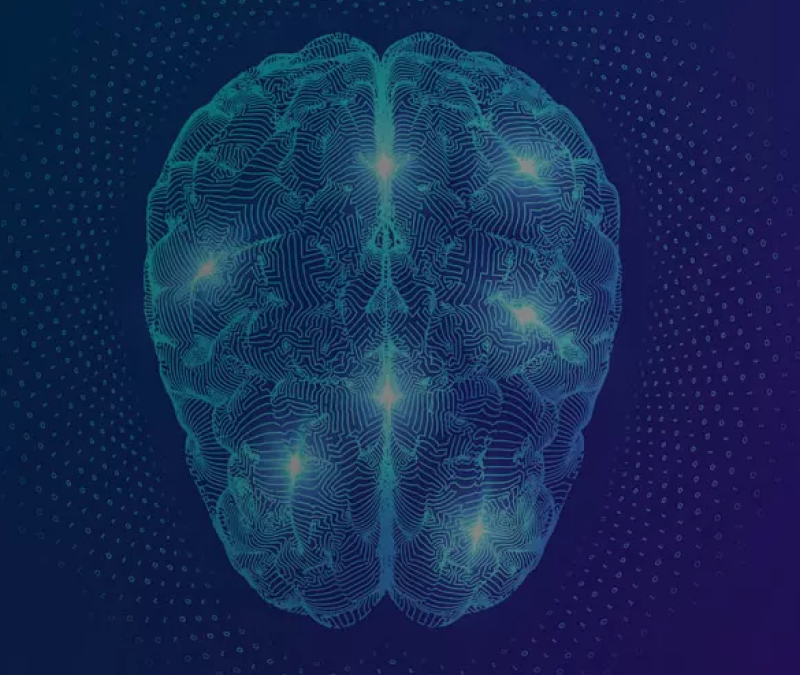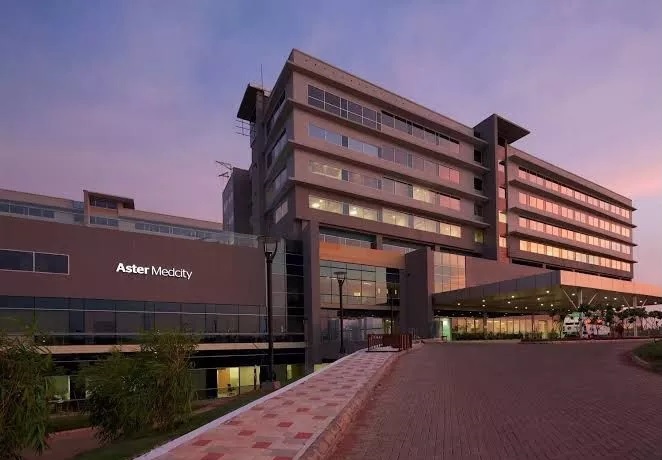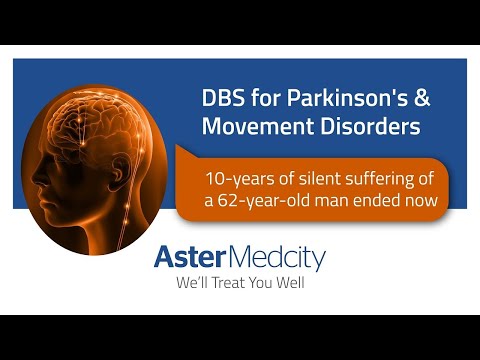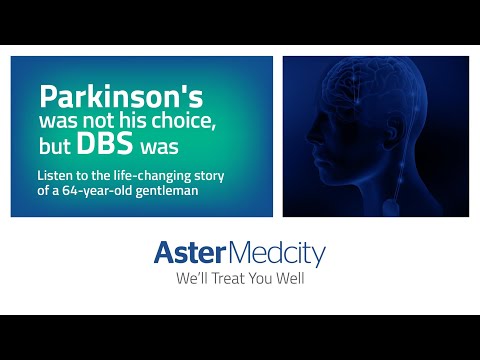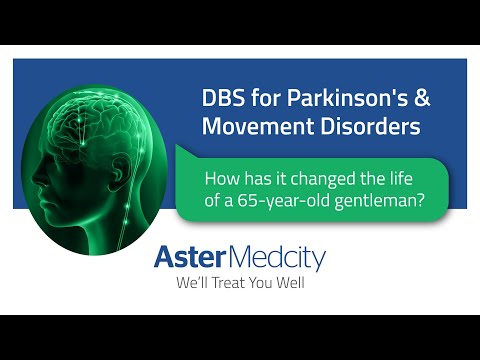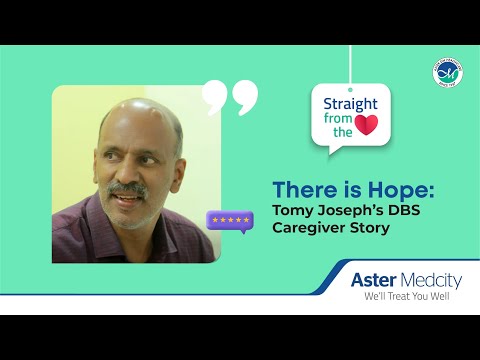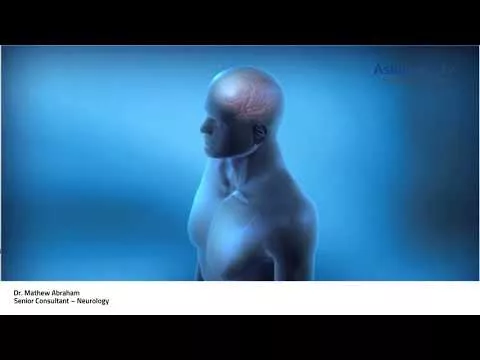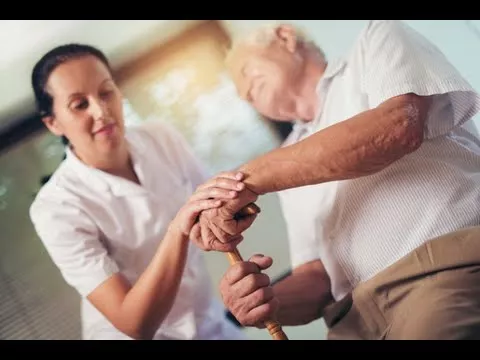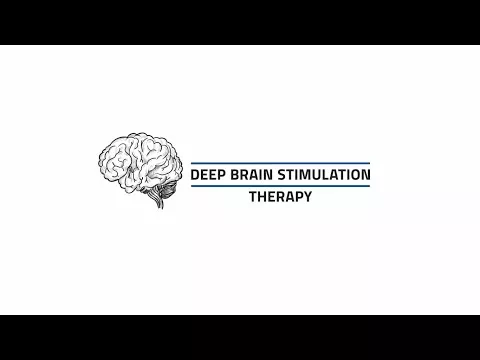Movement disorders are a group of diseases affecting the ability to produce and control body movement. Lakhs of people in India lives with movement disorders, including Parkinson's disease. It is the second commonest neurological degenerative disease of the brain after Alzheimer’s disease. Estimates show that 1-2% of people over the age of 60 years develop this condition.
At the Aster Centre for Parkinson's and Movement Disorders in Aster, our mission is to offer holistic approach for Parkinson's disease and different types of movement disorders. We take pride in our empathetic, compassionate, timely, and inclusive approach to care for patients with ataxia, dystonia, essential tremor, Lewy body dementia, Parkinson's disease, Parkinsonian syndromes, restless leg syndrome, tic and Tourette syndrome, chorea, spasticity and tardive dyskinesia, and other movement disorders.
Touted to be comprehensive centre, we provide the most advanced forms of medical and surgical care and support services to patients afflicted with various movement disorders and their caregivers. Our team comprises of Movement Disorder specialist, neurologist (adult and paediatric), cognitive neurologist, functional neurosurgeons, physiatrist, psychologist, psychiatrist, neuro-radiologist, and pain & palliative care doctors. The team is not only specially trained in the diagnosis and treatment of movement disorders, but also actively involves in clinical research to further strengthen our understanding of these complex neurological degenerative diseases.
Together with you and your family, our nationally and internationally recognized experts in the field of movement disorders will work to build a complete picture of your disorder, help you to understand, and customize the treatment plan that works best for you.
Our Doctors
We have some of the best specialists from around the world, they bring years of experience and offer evidence-based treatment to ensure the best care for you.
Treatments & Procedures
We provide comprehensive treatment for all types diseases under one roof. Our highly experienced doctors supported by especially trained clinical staff, ensure the best care for you.
Advanced Technology & Facilities
Well equipped with the latest medical equipment, modern technology & infrastructure, Aster Hospital is one of the best hospitals in India.
We trained in nervous system conditions , brain and nervous system surgery, and other areas work together to determine the most appropriate treatment for your condition.
We run a number of Specialty Clinics at Aster Medcity. Each clinic runs on a particular day of the week and offers a gamut of services to the needy patients. Our services include, but not limited to:
- Clinical evaluation ,diagnosis and medical treatment of Adult and pediatric Movement Disorders
- Selection of cases of Movement Disorders for DBS treatment
- Selection for Apomorphine pump treatment for advanced Parkinson’s disease (OP assessement of eligibility and IP for initial titration). Indicated for those who opt for non surgical treatment or in whom surgery is contraindicated
- Cognitive and Neuropsychological evaluation
- Neuropsychiatric assessment
- Physiatry assessment and physiotherapy
- Autonomic function tests
- Sleep studies
- TRODAC studies, MRI through Radiology and nuclear medicine dept
- Speech, swallowing and gait rehabilitation
- Pain and palliation in advanced movement disorders
- Selection of patients for clinical trial and research
- Movement Disorder Clinic
- Deep Brain Stimulation (DBS) Programming Clinic
- Botulinum Toxin Clinic
- Pediatric Movement Disorder Clinic
- Memory Clinic
Evaluation and treatment of acute and chronic movement disorders
- Deep Brain Stimulation (DBS) surgery: For Parkinson’s Disease, Essential Tremor, Dystonia ( primary and selected secondary dystonias), intractable Tourettes Syndrome)
- Focused ultrasound therapy: for Essential Tremor (if FUS is set up in COE Neurosciences under brain tumour centre)
Patient Stories
Our patients are our best advocates, hear the inspiring stories of their treatment journey
Blogs
The source of trustworthy health and medical information. Through this section, we provide research-based health information, and all that is happening in Aster Hospital.

